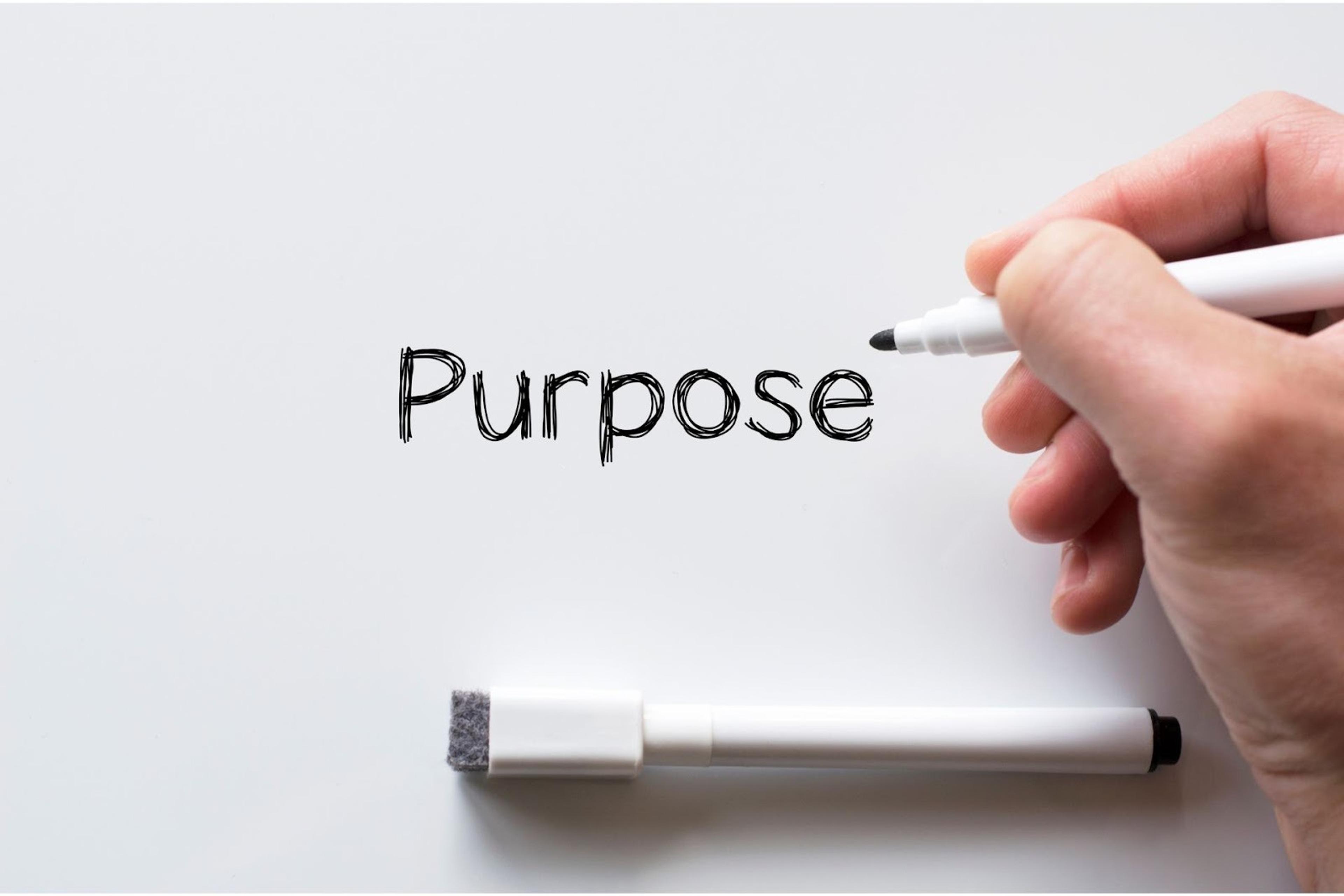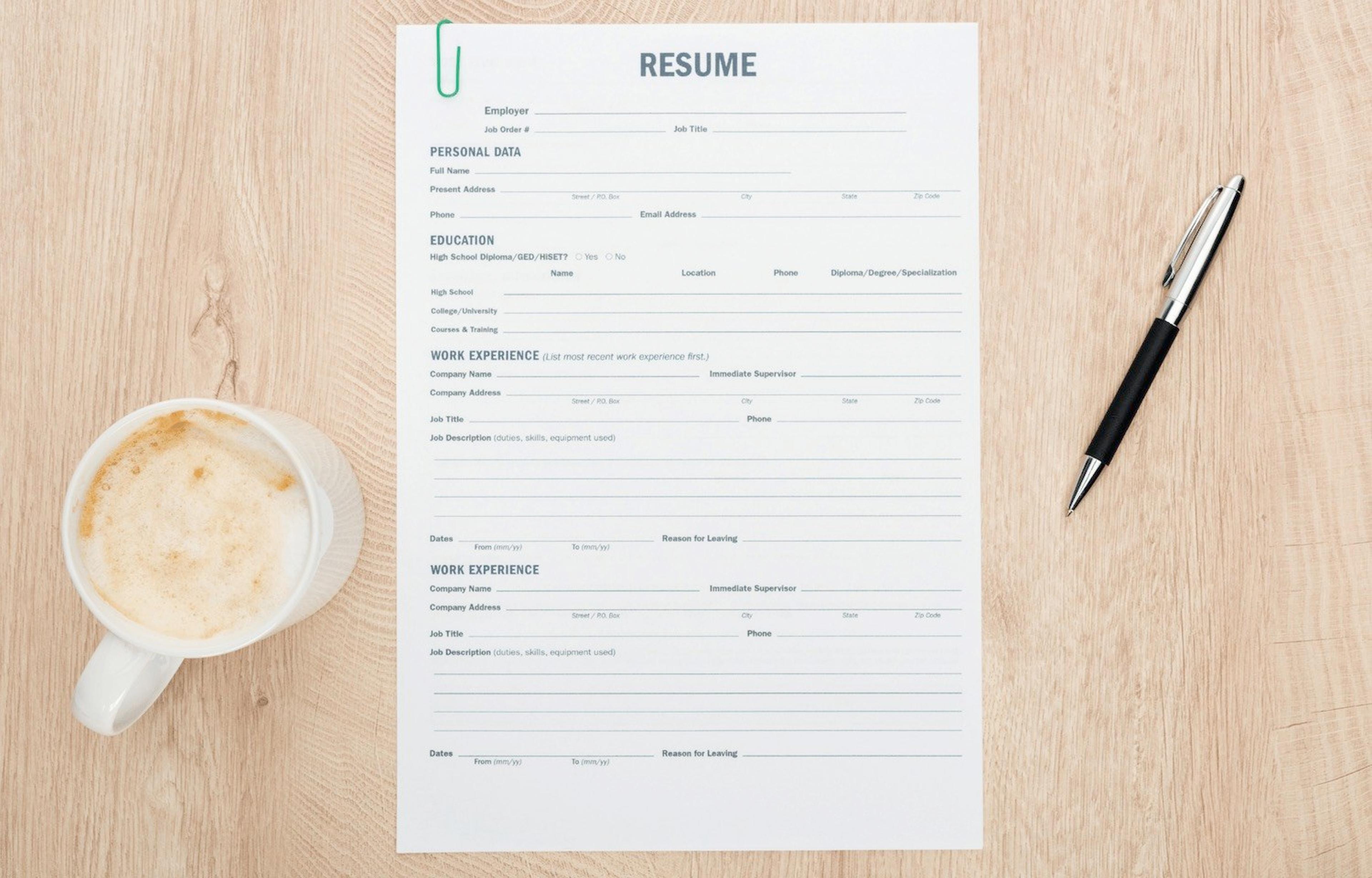Personal Statement for MPH Programs: Examples & Expert Advice
Learn how to write a standout MPH personal statement with expert tips, real examples, and actionable advice. Boost your application with a strong personal statement.
Posted November 4, 2025

Join a free event
Learn from top coaches and industry experts in live, interactive sessions you can join for free.
Table of Contents
Why Does a Personal Statement Matter for MPH Programs?
In the competitive world of public health admissions, your personal statement is a critical component of your application. It’s your opportunity to showcase your passion for public health, highlight relevant experiences, and explain why you’re the ideal fit for an MPH program.
This is your chance to tell your story. Your personal statement should reflect your journey, relevant skills, and long-term career goals, helping admissions committees understand who you are beyond your grades and test scores.
In this article, we’ll guide you through the process of writing a strong personal statement for an MPH program, sharing expert tips, examples, and actionable advice to help you make a lasting impression.
Read: The Power of ‘I’ Statements in Admissions Storytelling
What is an MPH Personal Statement?
An MPH personal statement is a written essay that is part of your application for an MPH program. It’s your opportunity to explain your motivations for pursuing public health, discuss your academic and professional experiences, and share your career goals. It’s an essential part of your application because it gives the admissions committee a deeper understanding of who you are beyond your grades and test scores.
Unlike other application essays, the public health personal statement allows you to reflect on your personal experiences and how they’ve shaped your interest in public health. This is your chance to show how your life journey, including any health disparities or mental health challenges you've witnessed, has motivated you to pursue a degree in public health.
Structuring Your MPH Personal Statement
According to a recent survey of MPH program directors, nearly 60% consider the personal statement the most crucial part of an applicant's submission. Your statement offers admissions committees a unique lens into your motivations and readiness for the challenges of public health. Focus on creating a well-organized personal statement to make your application stand out. Below, I’ve outlined an example structure that you can use as a guide when creating your own:
1. Introduction: Your Motivation and Passion for Public Health
Start by explaining why you're interested in pursuing a Master of Public Health. This is where you’ll introduce your public health journey, perhaps a personal experience, a volunteer opportunity, or a research project that sparked your interest in the field. Your introduction should immediately connect to the core theme of your personal statement, setting the stage for what follows.
Example:
"My interest in public health began during my time volunteering at a community health clinic, where I witnessed firsthand the effects of health disparities in underserved populations. This experience inspired me to pursue a career focused on improving health equity, especially in areas where access to care is limited."
2. Body: Academic and Professional Background
The body of your personal statement should showcase your academic and professional experiences. Highlight the relevant skills you’ve developed through internships or work experience. If you’ve worked as a research assistant or volunteered in global health or behavioral health, mention those experiences and explain how they’ve shaped your career goals. You should also discuss how your experiences have prepared you to be successful in an MPH program.
Example:
"As a research assistant in a health policy lab, I worked on analyzing the effectiveness of mental health programs within urban communities. Through this role, I gained critical skills in data analysis and public health policy, which further fueled my desire to address mental illness and health disparities. These experiences helped me develop a deeper understanding of the systemic issues affecting vulnerable populations."
3. Conclusion: Tying It All Together
End your personal statement by summarizing your career goals and explaining why the specific program you’re applying to is a good fit for you. Mention how the program will help you achieve your long-term goals in public health, whether it’s through specialized courses in global health, research opportunities in health disparities, or faculty members whose work aligns with your interests.
Example:
"I believe the MPH program at [University Name] will provide me with the knowledge and experience I need to make a real difference in global health. The program’s focus on health equity and its commitment to addressing inequalities in healthcare align deeply with my own goals. I’m particularly excited about the opportunity to collaborate with faculty and peers who share my dedication to improving the well-being of underserved communities. I’m eager to contribute to meaningful change and to continue growing as a public health professional who is committed to making a lasting impact."
5 Expert Tips for Crafting a Strong MPH Personal Statement: Public Health Insights & Graduate School Advice
Be Authentic: Share Your Public Health Passion
When writing your personal statement, make sure to be genuine. Admissions committees want to hear your story. Why you want to pursue a graduate program and what drives you to this choice. Avoid using vague statements like “I want to help people.” Instead, focus on specific reasons that motivate you to study public health and how your background has prepared you for this path. Being authentic and specific helps the committee see who you are and why you're a great fit for their program.
Highlight Your Relevant Skills
One of the most important aspects of your personal statement is showcasing your skills. Whether it’s through education, internships, or volunteer work, demonstrate the skills you've developed that are relevant to public health. This could include abilities in research, data analysis, or community outreach. Admissions committees want to see that you have the essential skills to succeed in the program and contribute to your future career in public health. The more you can show you’re ready for the challenges ahead, the stronger your application will be.
Tailor Your Statement to the Program
Every program has unique strengths, and it’s important to show that you’ve researched the one you're applying to. Look into the program’s faculty, courses, and areas of focus to make sure your goals align with what they offer. By tailoring your statement to match the program's structure, you show the admissions committee that you're not only prepared but also enthusiastic about the opportunity to study there. This research will help demonstrate that the program is essential for your future development in public health.
Explain How You’ll Contribute to the Program
A strong personal statement doesn’t just explain what you want to gain from the program; it also shows what you can offer. Think about how your experiences, skills, and passion can contribute to the program’s community. Whether it’s through research, classroom discussions, or collaborations, make it clear how you will actively participate and help move the field forward. Showing your willingness to contribute highlights your dedication to making a difference in the public health field and beyond.
Proofread and Edit
Your personal statement is an important part of your application, so review it carefully. Ensure your writing is clear, free from errors, and communicates your ideas effectively. Small mistakes can distract from the strength of your message, so proofreading and editing are crucial to present your best work. Ask someone else to read your statement too, as a fresh pair of eyes can often catch things you might have missed.
Common Mistakes to Avoid in Your MPH Personal Statement
While writing your personal statement, keep an eye out for these common mistakes:
Being Too Vague
Avoid writing a statement that’s too general. Admissions committees want to hear about your specific experiences and career goals. Make sure to focus on concrete examples of your work in public health or mental health, and how they’ve shaped your goals.
Being Too Focused on ‘Why Public Health'
Admissions committees want to see a clear connection between your motivations and real-world experiences, not just a broad statement about why you’re passionate about public health. Reflect on what specifically led you to pursue this path. Was it a volunteer opportunity, a personal health challenge, or a research project? While showcasing your passion is important, committees are more interested in how your motivations are grounded in tangible experiences. By linking your passion to concrete moments, you not only demonstrate your enthusiasm but also highlight your preparedness and understanding of the field.
Overloading with Technical Jargon
Overwhelming the reader with technical terms can hurt your message. Keep the language clear and accessible. Explain technical concepts in simple terms to ensure your ideas are easily understood.
Neglecting Program Fit
Clearly explain why the program is a good fit for your goals. Research the program’s strengths and show how its faculty, courses, or research opportunities align with your long-term career aspirations.
Failing to Proofread
Even small mistakes can impact your application. Carefully proofread your statement to ensure clarity and professionalism, and ask someone else to review it for errors you might have missed.
Read: The Top 10 Mistakes People Make on their Graduate School Applications
MPH Personal Statement Example Breakdown
To help you better understand how to craft your own personal statement, here’s a breakdown of a strong example:
Introduction:
The writer begins with a personal story about how a health crisis in their family led them to pursue public health. This sets the stage for their passion for improving health equity.
Body:
The writer discusses their academic background in public health, as well as their work as a research assistant studying health disparities. They highlight their skills in data analysis and how they want to apply those skills to create public health policies.
Conclusion:
The statement ends with a clear explanation of why the specific program is a good fit, mentioning how the program’s focus on global health aligns with their career goals of improving health systems in developing countries.
The Bottom Line
Your personal statement is a powerful tool to showcase who you are, what motivates you, and why you’re a great fit for an MPH program. It’s your chance to explain your public health journey, highlight your academic experiences, and show how you plan to make a positive impact in the field.
By following the tips in this article and tailoring your statement to the program you’re applying to, you’ll create a compelling essay that stands out to the admissions committee. Good luck with your application!
Ready to Craft Your Perfect MPH Personal Statement?
Now that you have expert tips and actionable advice, it’s time to put them into practice! Take the next step in your application process by crafting a personal statement that reflects your passion for public health and your unique journey. Need extra help? Explore our expert admissions coaches and get personalized guidance to ensure your statement stands out. Start working on your future in public health today!
Prefer a course instead of 1:1 coaching? Explore our Grad School Application Bootcamp, the ultimate crash course for applying to top master’s and PhD programs, or check out our free events.
Need help finding the right fit? Book a free call with a Leland advisor for personalized coach recommendations and support on your next steps.
Read more:
- The 10 Best Graduate & PhD Admissions Consultants (2025): What They Do and When to Hire One
- How to Showcase Your Unique Skills and Experiences in Your Grad School Applications
- Why ChatGPT Can’t Write Your Personal Statement
- MBA vs. MPA: How to Decide Which One is Right For You
- What Extracurriculars are Graduate Programs Looking For?
FAQs
How do I stand out in my MPH personal statement?
- Be authentic, specific, and clear. Use personal experiences that shaped your interest in public health and explain how they prepared you for the program.
Should I mention my GPA or test scores?
- It is best to focus on your experiences and motivations, but briefly mention academic achievements if relevant to your story.
Can I use personal statement examples from other applicants?
- While it’s okay to refer to MPH personal statement examples for inspiration, avoid copying them directly. Your personal statement should reflect your unique experiences, motivations, and goals. Use examples to guide your structure and style, but make sure the content is original and personal to you.
How long should my MPH personal statement be?
- Typically, an MPH personal statement should be between 1,000 to 1,500 words, depending on the specific requirements of the program you're applying to. Always check the program's guidelines for word count and formatting details.
Should I include my future career goals in my MPH personal statement?
- Yes, including your future career goals is crucial. Admissions committees want to understand how the MPH program will help you achieve your long-term aspirations in public health. Be clear about how the program’s strengths align with your goals.
Browse hundreds of expert coaches
Leland coaches have helped thousands of people achieve their goals. A dedicated mentor can make all the difference.



















